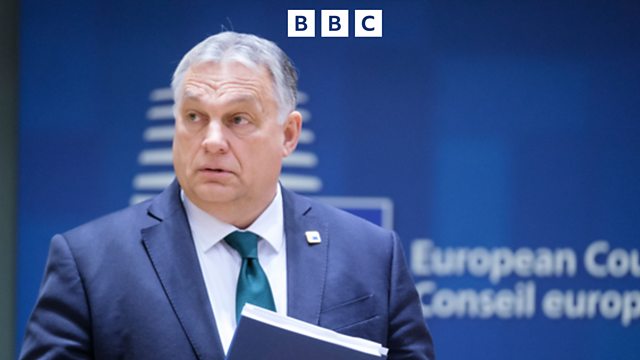What will a Hungarian presidency mean for the EU?
It is Hungary’s turn to hold the presidency of the Council of the European Union. Its nationalist leader Viktor Orbán will have an opportunity to influence the EU agenda.
The European Union is made up of 27 sovereign member states and has several governing institutions. On 1 July 2024, Viktor Orbán’s government will hold the presidency of the Council of the European Union for six months.
This diplomatic role may present its challenges because Hungary takes a divergent view from centrist colleagues in a few areas, two of them being climate policy and support for Ukraine. And in the past Hungary has used its veto to stall votes on policies that support Ukraine.
After recent European elections hard-right parties now have a greater presence in the European Parliament and they have different priorities from their more centrist counterparts. The question is how the far-right, together with Hungary’s presidency of the Council of the EU, can alter the direction of European politics.
Presenter: Tanya Beckett
Producer: Louise Clarke
Researchet: Matt Toulson
Sound engineer: Richard Hannaford
Production co-ordinator: Tim Fernley
Editor: Tara McDermott
Contributors:
Pawel Zerka, senior policy fellow at the European Council on Foreign Relations in Paris
Thu Nguyen, deputy director of the EU policy think tank the Jacques Delors Centre in Berlin
Dimitar Bechev, from the School of Global and Area Studies at the University of Oxford and Senior fellow at Carnegie Europe
Marta Mucznik, senior EU analyst for International Crisis Group
(Photo:Hungarian Prime Minister Viktor Mihaly Orban. Credit: Thierry Monasse/Getty Images)
Last on
More episodes
Featured
-
.
Broadcasts
- Thu 4 Jul 2024 07:06GMT±«Óătv World Service
- Thu 4 Jul 2024 14:06GMT±«Óătv World Service
- Thu 4 Jul 2024 17:06GMT±«Óătv World Service East and Southern Africa & West and Central Africa only
- Sun 7 Jul 2024 00:06GMT±«Óătv World Service
Podcast
-
![]()
The Inquiry
Getting beyond the headlines to explore the forces and ideas shaping the world


